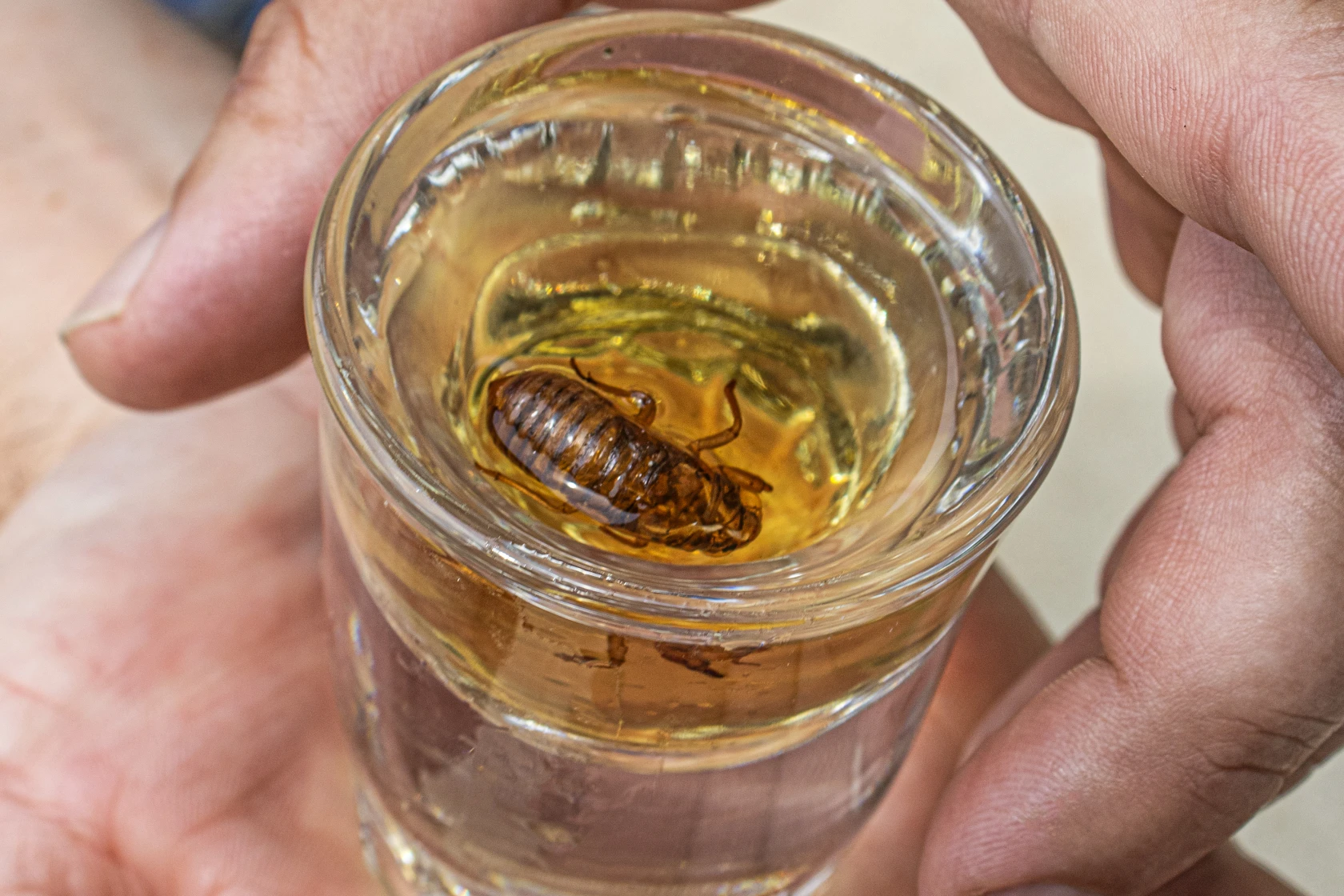Do addictions go together? The NY Times has the story of how legalized (online, sports) gambling lobbyists wooed state legislators with whisky and cigars (and campaign contributions, which I guess can be addictive too...). Maybe Thanksgiving football can draw in more of the gathering if there's betting involved? (Not to mention whisky...)
Gambling has long been a repugnant transaction because the consequences of gambling addiction can be destructive for individuals and families. And betting on sports has been repugnant because of the danger that athletes will be drawn into fixing matches (even in once genteel sports like tennis). Lobbying is a competitive sport too:
Cigars, Booze, Money: How a Lobbying Blitz Made Sports Betting Ubiquitous By Eric Lipton and Kenneth P. Vogel
"Less than five years ago, betting on sports in the United States was prohibited under federal law except in Nevada casinos and a smattering of venues in other states. Sports leagues argued that the ban safeguarded the integrity of American sports, while consumer watchdogs warned that legal gambling could turn fans into addicts. In countries like Britain, sports gambling free-for-alls had left trails of addiction.
"But in 2018, the Supreme Court ruled that the federal prohibition was unconstitutional.
"DraftKings and FanDuel, giants in the fast-growing field of fantasy sports, had already mobilized an army of former regulators and politicians to press for sports betting in state capitals. Soon, in a crucial reversal, sports leagues overcame their antipathy toward gambling, which they came to see as a way to keep increasingly distracted audiences tuned in. Casino companies also hopped on board.
...
"The results of the lobbying campaign have been stunning: 31 states and Washington, D.C., permit sports gambling either online or in person, and five more have passed laws that will allow such betting in the future.
...
"In May 2018, the Supreme Court struck down the federal ban on sports gambling, ruling it infringed on states’ rights."
*******
Here's a map:
**********The NYT has these related stories:
Key Findings From The Times’ Investigation of Sports Betting. By David Enrich
"Four years ago, it was illegal to gamble on sports in most of the United States. Today, anyone who turns on the television or visits a sports website or shows up at a stadium is likely to be inundated with ads to bet, bet, bet."
How Colleges and Sports-Betting Companies ‘Caesarized’ Campus Life. by Anna Betts, Andrew Little, Elizabeth Sander, Alexandra Tremayne-Pengelly and Walt Bogdanich
"Ever since the Supreme Court’s decision in 2018 to let states legalize such betting, gambling companies have been racing to convert traditional casino customers, fantasy sports aficionados and players of online games into a new generation of digital gamblers. Major universities, with their tens of thousands of alumni and a captive audience of easy-to-reach students, have emerged as an especially enticing target.
"So far, at least eight universities have become partners with online sports-betting companies, or sportsbooks, many in the last year, with more expected."
"Mr. Portnoy rarely if ever mentions the bankruptcy. Yet he and his company, Barstool Sports, are urging their tens of millions of followers to dive into the fast-growing and lightly regulated world of online sports betting."
**********
And here's a story about gambling addiction from The Times of London, which points to online, in-game gambling as a particularly addiction-prone activity (especially during the current World Cup):
"The NHS is “picking up the tab” of the online betting industry, with a surge in suicidal gambling addicts turning up to A&E, doctors have warned."
...
"“People start gambling as soon as they wake up in the morning; they’re gambling in the shower, gambling while they’re driving to work.
...
"Gaskell suggested that doctors' surgeries should routinely ask new patients whether they gambled--in the same way they asked how much alcohol people drank in a week.
...
"Figures from the Gambling Commission show the majority of online betters place bets in play...Customers are able to wager lare sums of money multiple times in a matter of seconds on unfolding events.
...
"There are 400 suicides a year in England lnked to gambling."








